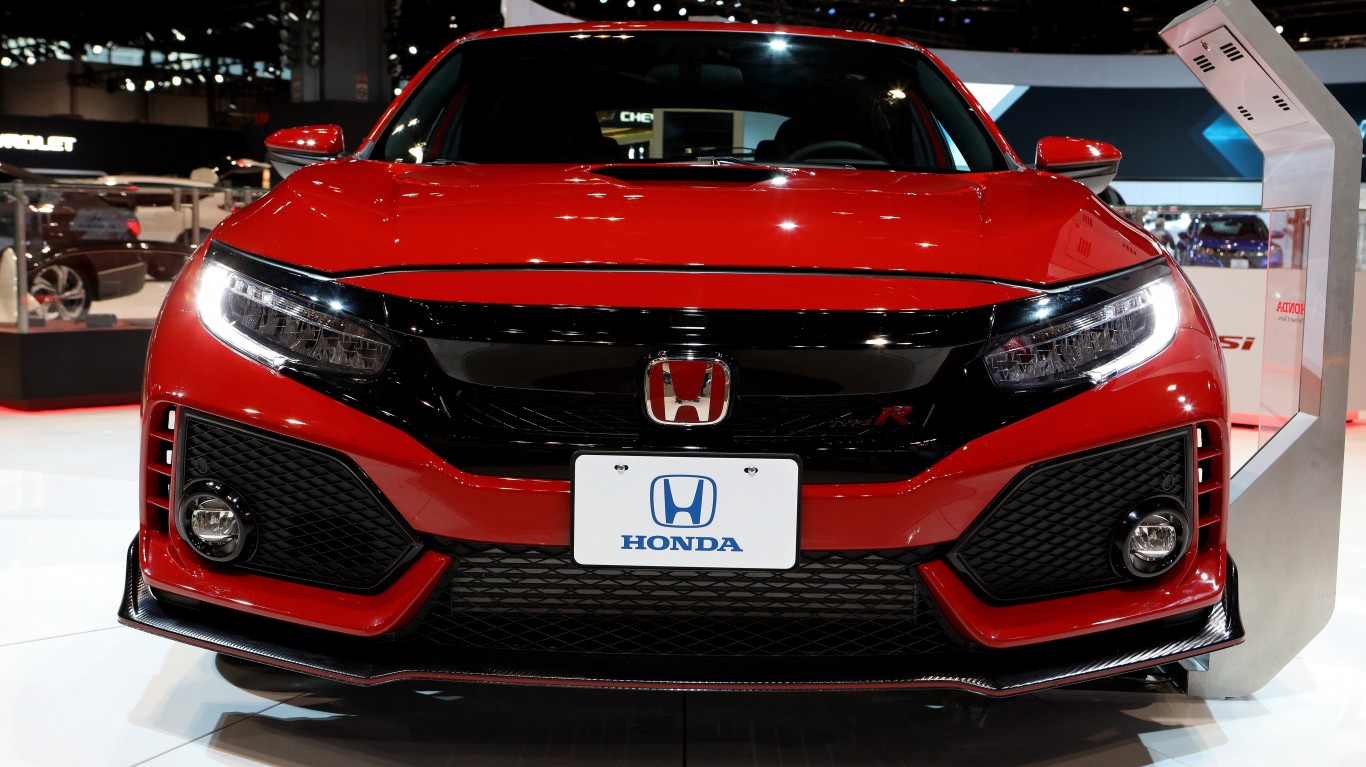
As one of the most popular compact cars on the road, the Honda Civic needs no introduction. First launched by Honda in 1972, the Civic has been a global phenomenon for as long as anyone can remember. Thanks to Honda’s excellent reliability and competitive pricing, the Civic is a big seller. Over 200,381 Civics were sold in 2023, a whopping 50% jump from the year prior.
However, big sales can sometimes hide bad model years. As great as the Civic is today, this wasn’t always the case. There have been many years when the Honda Civic wasn’t the reliable superstar we like to think it’s always been. Thanks to sites like FIXD, CarComplaints, and CoPilot, we can quickly determine the best Civic years to own and avoid.
Avoid: 2001
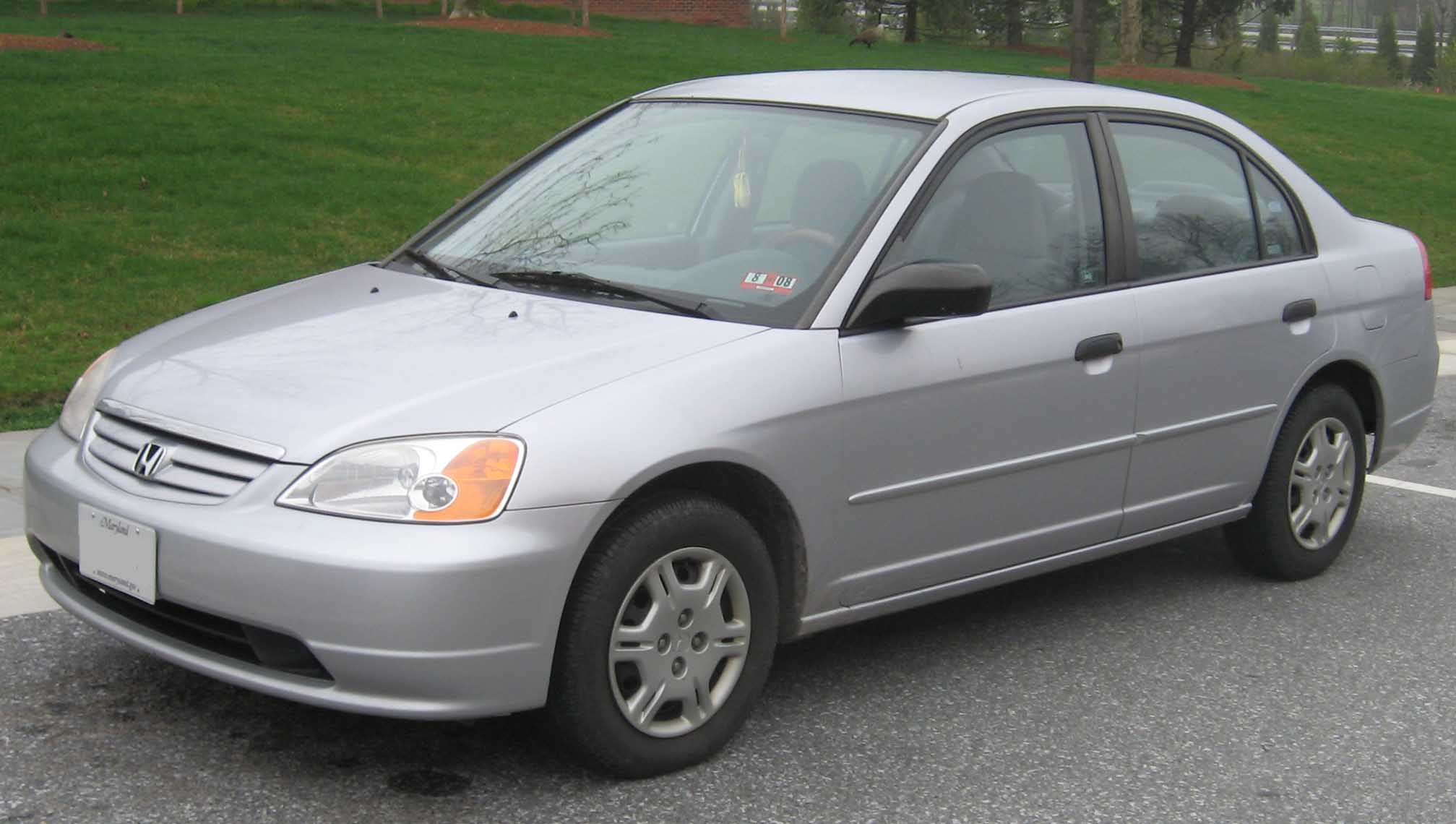
Far and away the Honda Civic’s worst model year, over 1,228 NHTSA (National Highway Transportation & Safety Administration) were filed. When you pile on 27 recalls, you must skip this model year. Transmission issues were at the top of the trouble list as they would fail in 2001 models. When you consider it could cost upward of $2,000 or more to fix, you can see why 2001 is a year to avoid.
Along with transmission issues, the 2001 Civic also had a serious issue with its front airbags. At least 5 deaths had been reported from the front airbag not deploying properly. Perhaps the one bright side is that Honda initiated several recalls to fix this issue. The problem is that these recalls were not announced until 2014.
Avoid: 2002
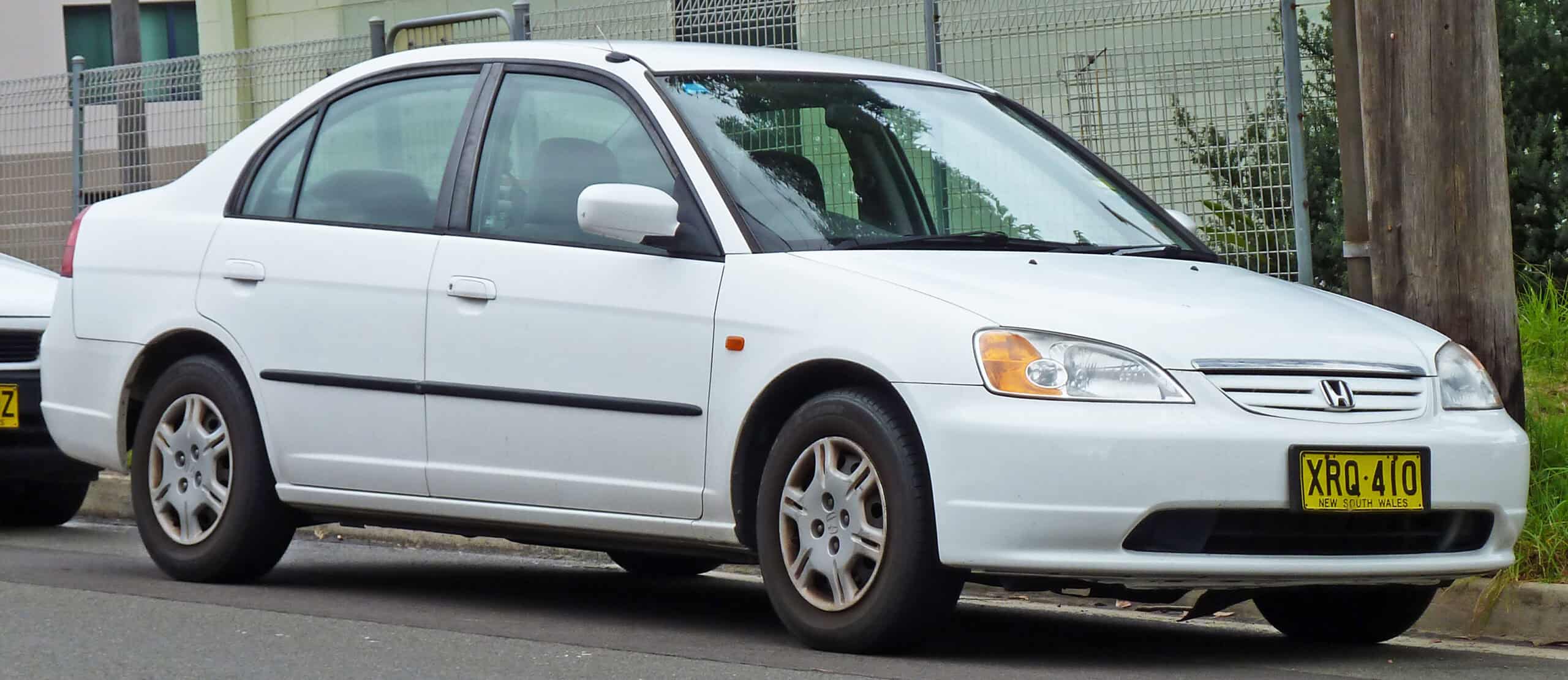
While 2002 saw a substantial drop from 2001 in complaints, there were still close to 600 NHTSA complaints. Unfortunately, transmission issues and airbag explosions remained at the top of the list. As much as there were high hopes Honda would make significant changes year after year, it just didn’t happen. As a result, it’s hard to give the Civic any kind of recommendation for its 2002 model.
This is further validated when you consider this year still had 24 recalls. It won’t come as any surprise to learn that 7 of these recalls were tied to an airbag either rupturing or exploding. Additionally, as FIXD points out, 2002 was one of the worst years for the Civic as far as engine troubles. According to their reporting, the likelihood of an engine issue was possible for at least 50% of all Civics purchased in 2002.
Avoid: 2006
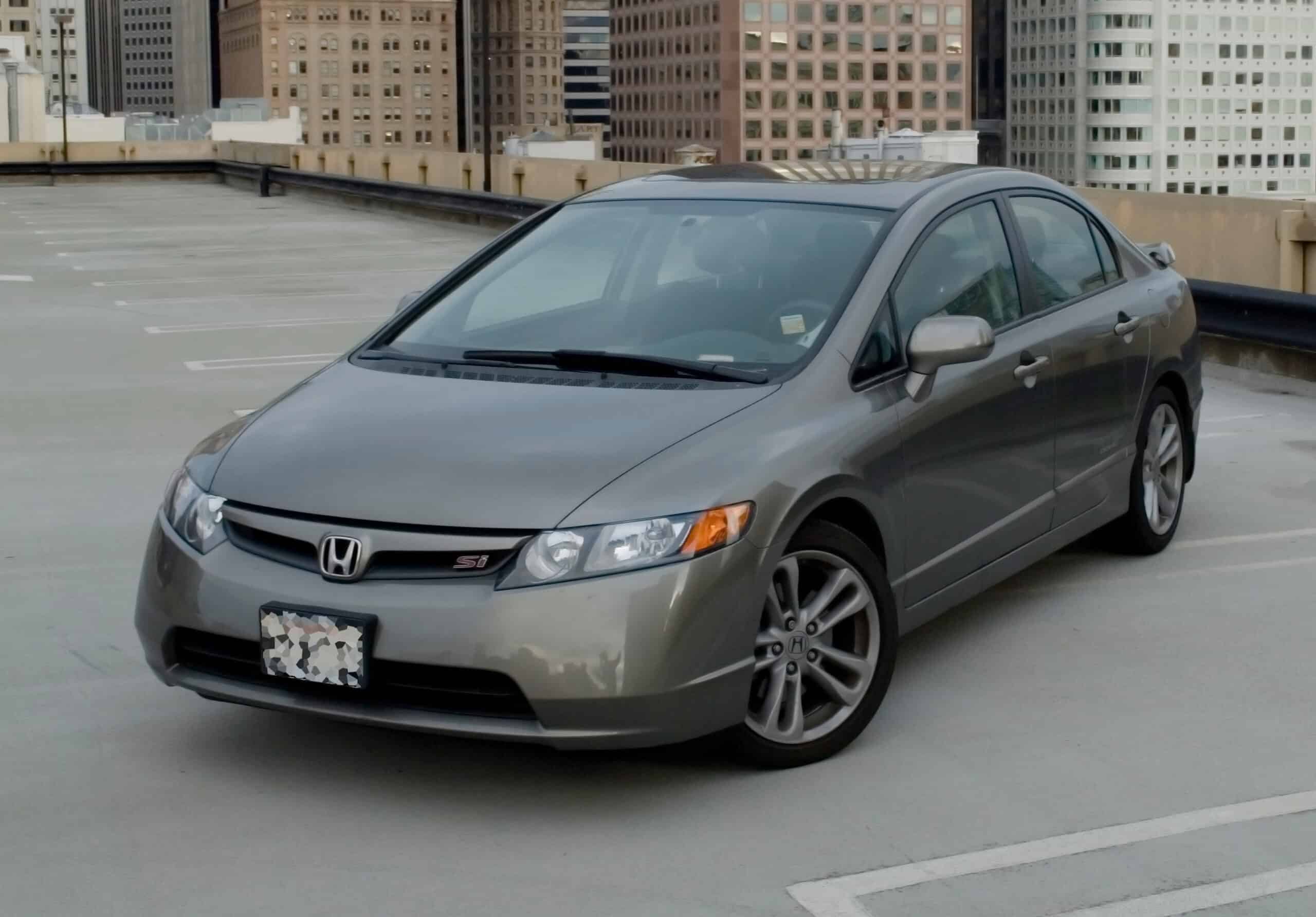
Based on NHTSA complaints, 2006 was the second worst model year for the Honda Civic. Another 818 complaints were filed in 2006 with many of these issues related to the Civic’s hybrid model. The worst aspect of the 2006 model year was widely believed to be engine block-related. This sixth-generation Civic model had several engine issues and suffered heavily from interior wear and tear.
Unfortunately, airbag issues were also still present. It’s disappointing to learn that Honda had not yet fixed issues that started years earlier. While the car did receive strong safety scores from NHTSA and IIHS, the potential for airbag explosions and rupturing led to recalls in later years. Unfortunately, it’s easy to declare 2006 as a model year to avoid.
Avoid: 2007
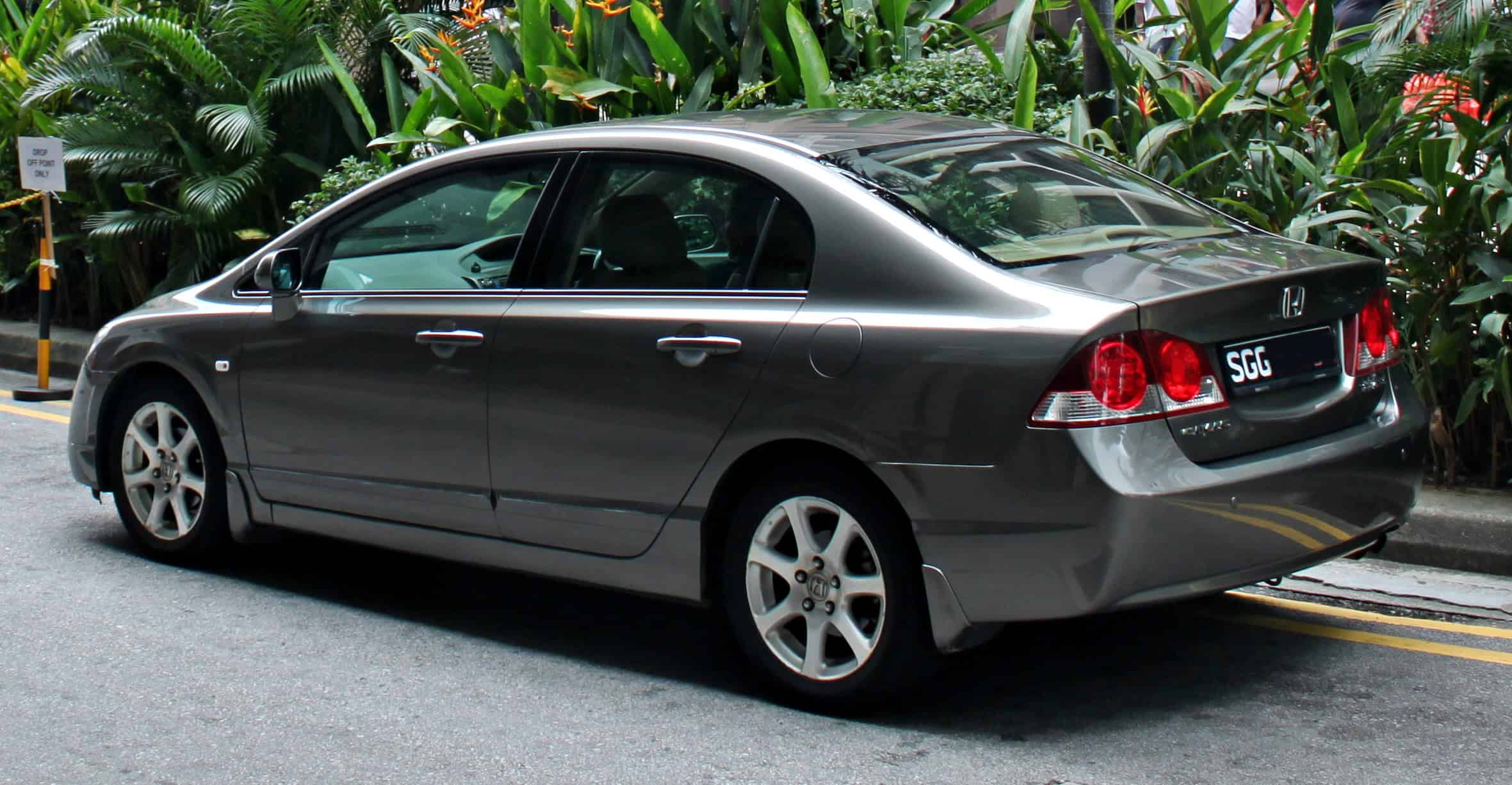
With another 763 NHTSA complaints in 2007, we’re still in a Civic model year worth avoiding. By this count, 2007 was the third-worst model year in Civic history. One of the major issues in 2007 was relatively new in that customers complained about uneven tire wear. With an average repair cost of $530 according to CarComplaints, this was a frustrating complaint Honda Civic customers felt strongly about.
Along with the tire wear issue, 2007 Civic model owners complained about loose hubcaps. Add in exterior paint flaking off and the combination of these issues makes it an easy year to skip. While 2007 only had 9 recalls, many of them were still related to airbag concerns which emphasized the need to avoid this model year.
Avoid: 2008
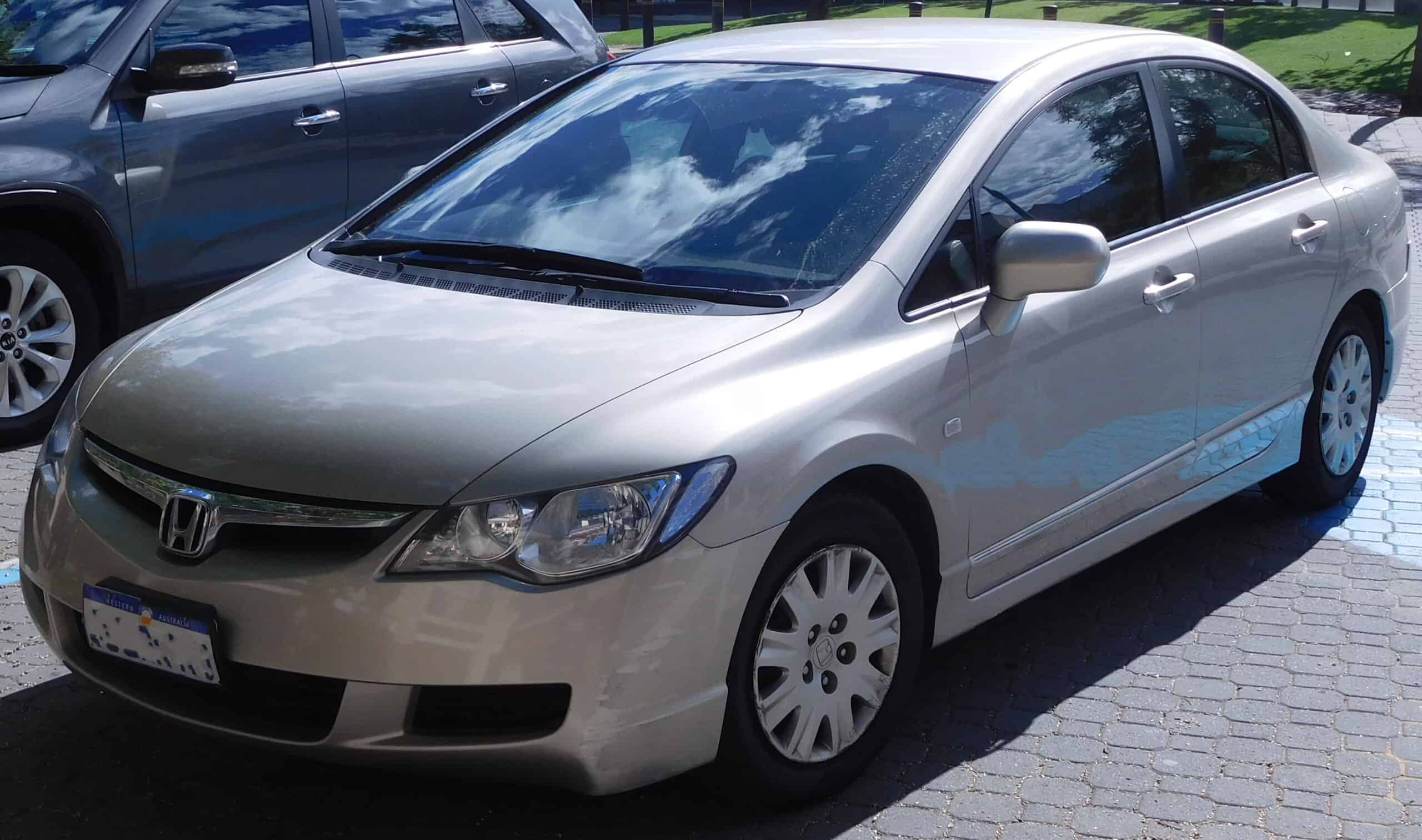
While the 2008 Honda Civic had 650 NHTSA complaints in 2008, that’s still enough to recommend it as a year to skip. Ultimately, one of the biggest issues with airbags continued again in 2008. However, engine problems led to Honda’s biggest headache. With engine block issues continuing to be a major problem, a class action lawsuit was filed against Honda. Based on the VIN, Civic models between 2006 and 2009 may be eligible.
If this wasn’t enough to convince you to avoid 2008, CarComplaints labeled the 2008 Civic with its “Beware of the Clunker Award.” This was damaging to the vehicle’s reputation and one Honda was focused on fixing. On the bright side, safety remained high for the 2008 Civic, but it’s about the best thing you can say about this model year.
Own: 2014
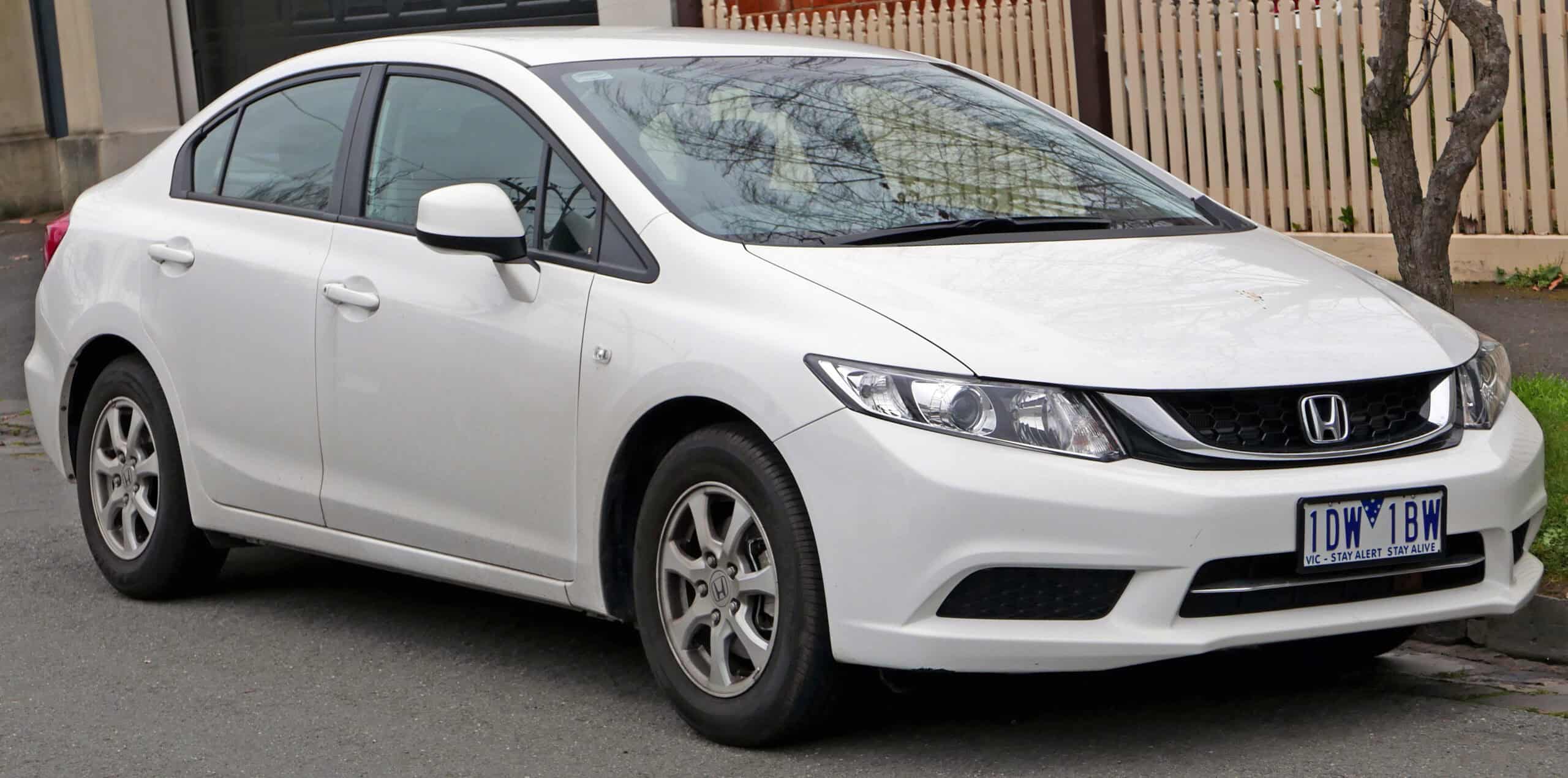
When you turn your attention toward the very best Honda Civic model years to own, you start with 2014. With only a few hundred NHTSA complaints, you’re a long way off from a decade ago when that number was over 1,000. However, most importantly, you don’t have any airbag concerns this year. The same can be said with engine issues or lack of. Both of these issues that were extremely problematic the decade prior no longer exist.
Better yet, when you look at J.D. Power, there is a whole lot of love for the 2014 Honda Civic. Along with outstanding quality and reliability, the driving experience also receives a “Great” score. Also great are the safety scores from IIHS (Insurance Institute for Highway Safety) which gave the Civic a “Top Safety Pick” rating. The NHTSA scores for the 2014 Civic are also really strong with four and five stars across the board.
Own: 2018
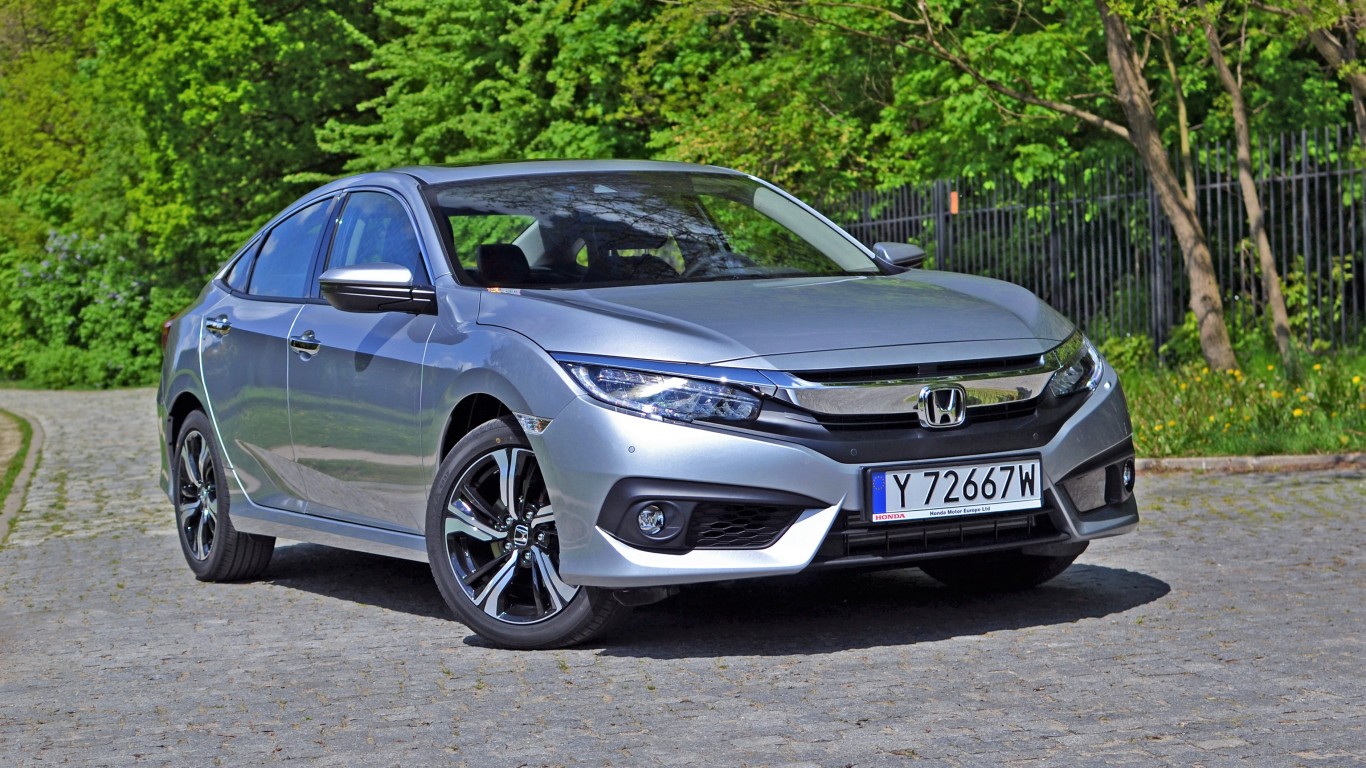
Even though FIXD indicates the 2018 Civic’s reliability dropped slightly because of engine reliability, NHTSA complaints tell a different story. Less than 300 NHTSA reports indicate some overall trouble with steering and fuel systems, but no model year is ever going to be perfect. Even more notable is that J.D. Power gave the driving experience for the 2018 Civic one of its best scores ever.
This means the combination of the Civic’s reliability, safety, and technology all came together and made for a fantastic model year. When you factor in five stars almost across the board for safety from the NHTSA, you can see the improvements Honda has made over the 2014 model year. Perhaps most notable was that 2018 only has 5 recalls total, two of which are related to the aforementioned fuel systems.
Own: 2019
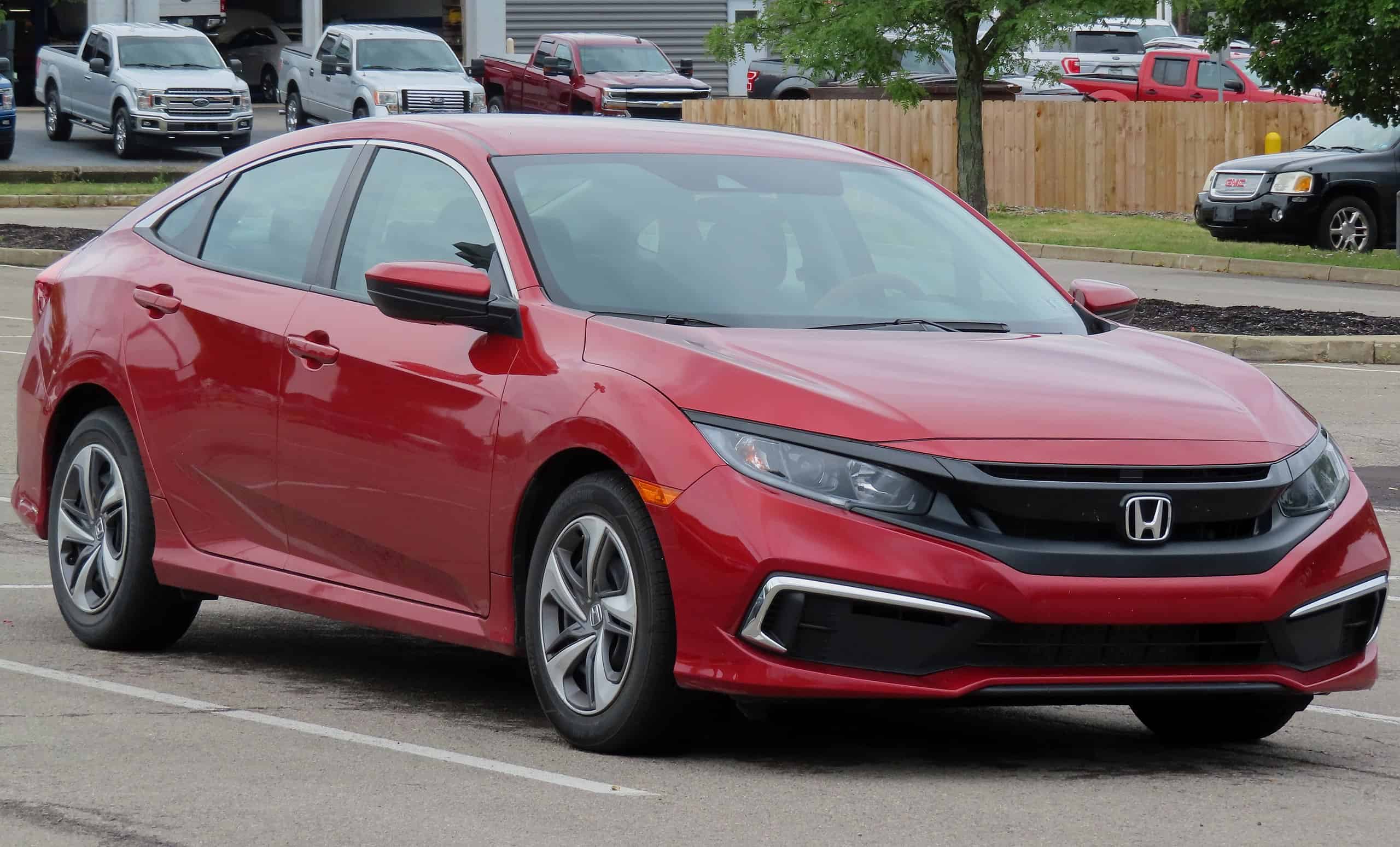
Coming out strong in 2019, the Honda Civic hits a home run as far as J.D. Power is concerned. Yet another round of “Great” was received as a score for the Civic’s driving experience. One of the best additions to the Civic in years was introduced in 2019, which was a major reason to pick up this model. The inclusion of “Honda Sensing” adds a front-view camera that can detect objects in front of the vehicle.
As a result of this inclusion, the 2019 Civic once again received outstanding ratings from both NHTSA and IIHS for safety. At this point, the Civic was receiving five stars across the board for safety from NHTSA, which was a major reason to look hard at used 2019 models. Last but not least, 2019 only includes less than 200 NHTSA complaints, one of the lowest numbers the Civic has seen since its release.
Own: 2020
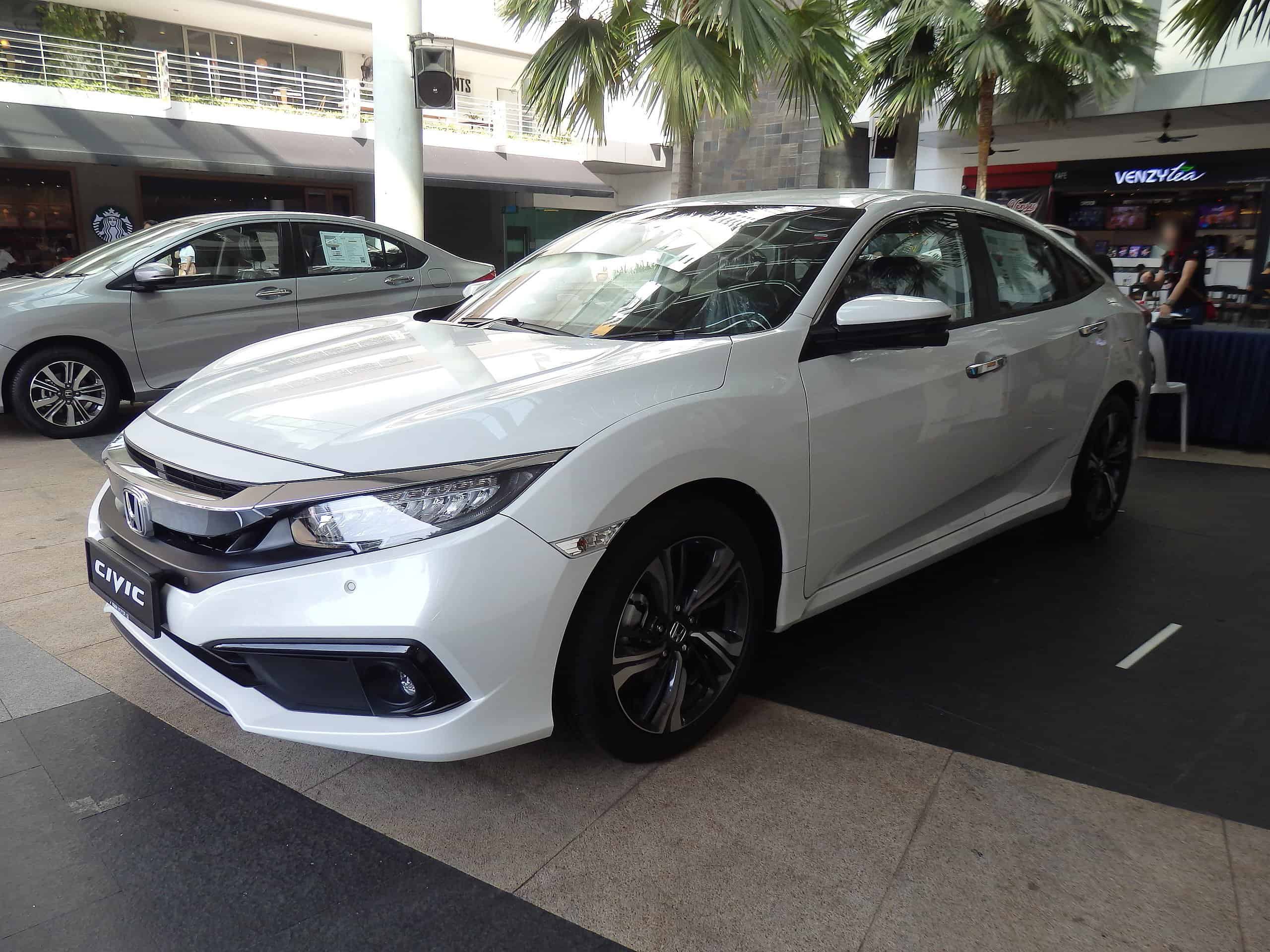
With even fewer NHTSA complaints in 2020 over 2019, you can quickly determine whether 2020 is worth buying. It’s a resounding yes, according to most 2020 model owners, as complaints this year were very limited. Best of all, the 2020 Civic only has one recall currently on record, which is a dramatic improvement from 10 years prior.
As the last year of the 10th-generation Civic, it’s no surprise that Honda worked most bugs. Add in an exterior refresh for both the Civic Si and hatchback and the car is moving in the right direction. This direction is also applicable for both J.D. Power and safety scores, all of which improved in 2019. If you can find a 2020 model with low mileage, there is no reason to avoid picking one up.
Own: 2021
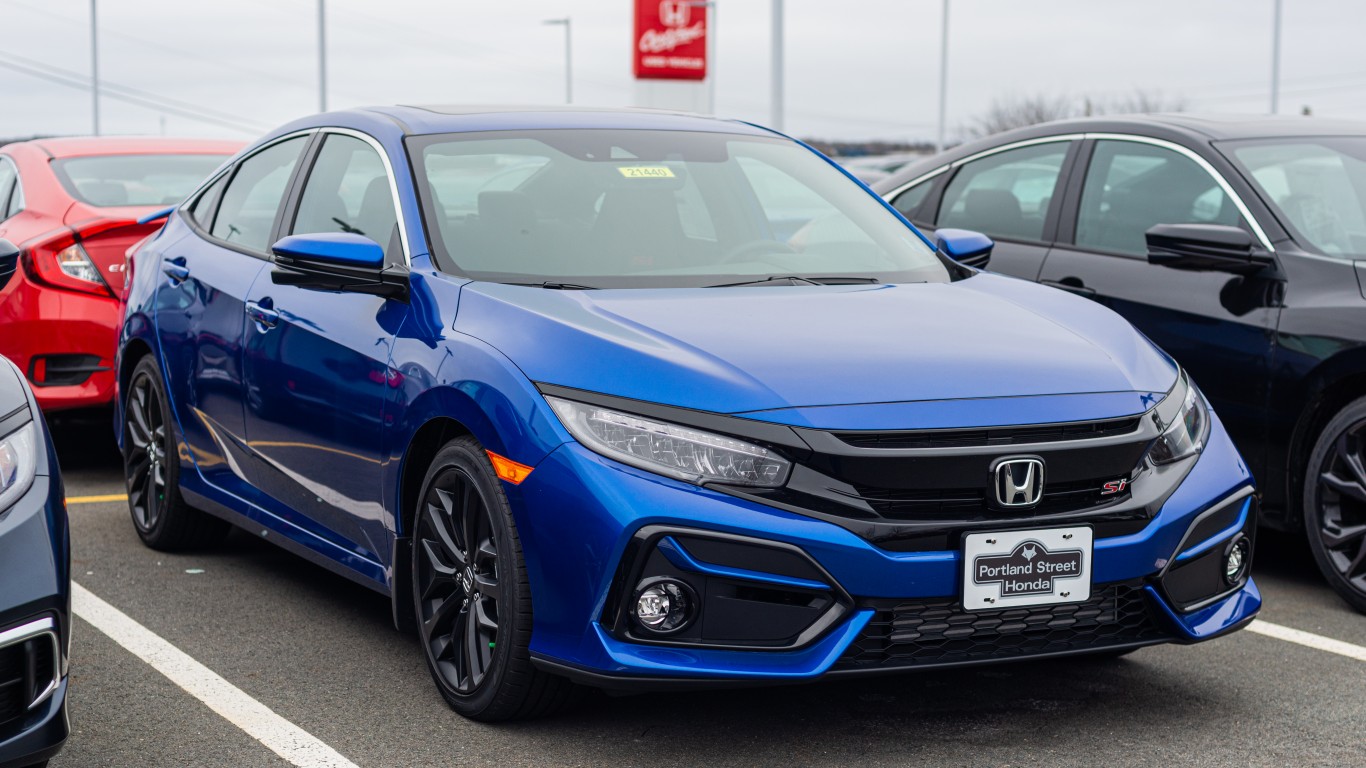
As 2021 Honda Civics are about to come up on their lease dates, there is a strong question about whether one might be worth picking up. It’s another resounding yes, as 2021 looked to be one of the best years ever for the Civic. Overall owner complaints are low, which was highlighted by the lack of NHTSA complaints. Less than 100 have been filed to date, which was the best the Civic has ever seen.
Only two recalls have been assigned to the 2021 model year, which was another strong indicator the 2021 Civic is living up to Honda’s reputation for outstanding reliability. J.D. Power gave the 2021 big scores for both quality and reliability as well as the driving experience. While a manual transmission was discontinued in 2021, it’s hard to find any other issues that would prevent a strong buy recommendation for this model year.
Thank you for reading! Have some feedback for us?
Contact the 24/7 Wall St. editorial team.




